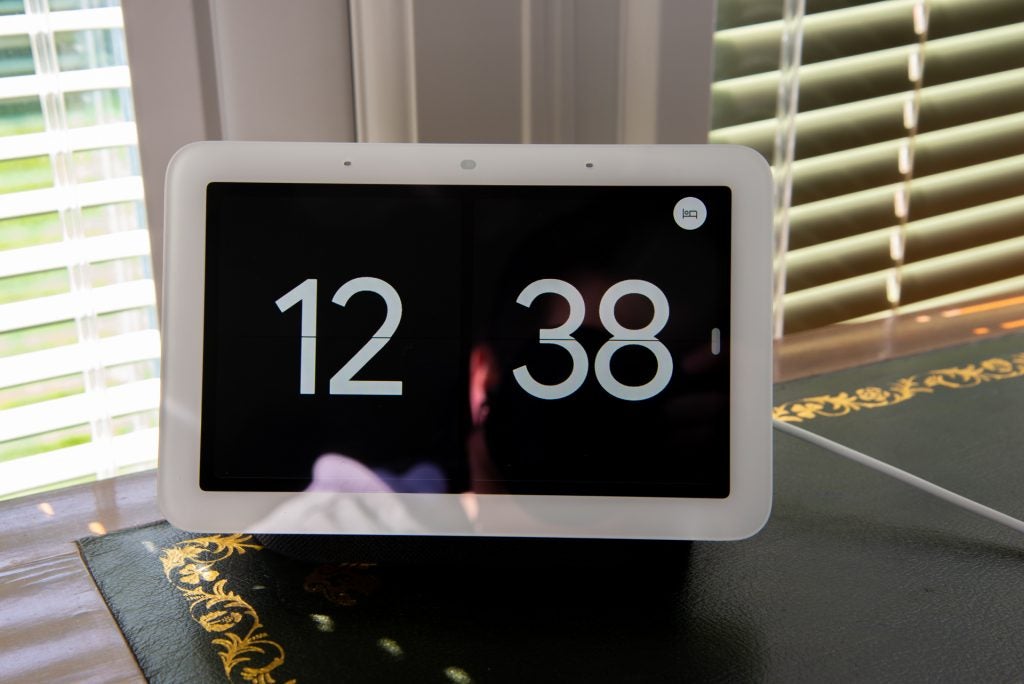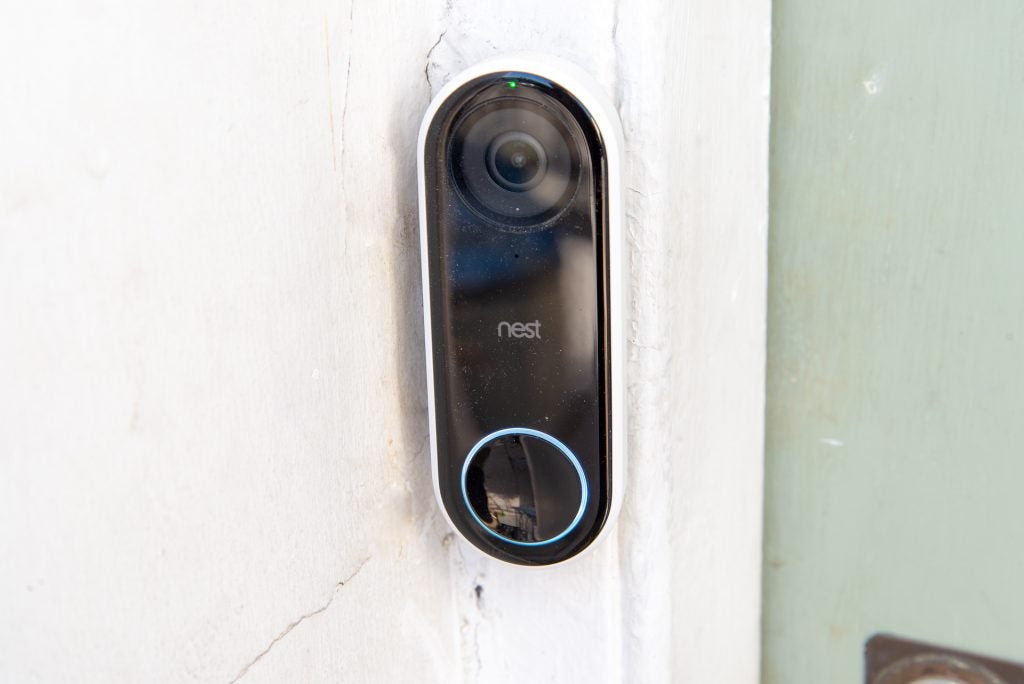OPINION: There was a point in my smart home journey where I kitted my home out with Google Nest Home smart speakers and smart displays exclusively. For a short period, Google Home ruled with some clever features, such as the ability to group a smart speaker into a group with other devices.
Once grouped, I could do simple tasks without having to name devices. For example, saying, “OK Google, turn on lights” would turn on the lights in the same room as the smart speaker.
It seemed as though Google Home had a bright future. However, as Google so often seems to do, it has lost focus on its products, particularly Nest.
Now, my Google speakers are turned off and relegated to drawers, turned on just when I need to test something. They don’t form a key part of my smart home, and I’ve abandoned the Google Home app outside of testing, as Alexa, Apple Home and SmartThings do what I need and are currently better.
No new smart speakers
Looking back at my Google Nest smart speaker reviews, I was surprised to see just how long ago it has been since new models were launched: the Nest Mini was back in 2019, and was a minor rehash of the Google Home Mini (2018); the latest Nest Hub (2nd Generation), was released in 2021, but was a minor rehash of the 2018 product; and the Google Nest Hub Max was launched back in 2019.


While there’s no need to refresh devices pointlessly to give the impression that something new has happened, Google almost seems to have entirely given up on the Nest hub line-up.
In fact, the only real new device was the 2023 Pixel Tablet, which was a tablet that could dock to give similar features to a Nest Hub (only not so good for smart home control).
Amazon, in comparison, has had regular refreshes of its product line-up and has a broader range of devices to suit every type of situation, whether that’s an Echo Dot tucked away in a living room, an Echo Hub in the hallway for smart home control, or an Echo Show 21 that gives a full Fire TV experience on top of everything else. I find it much easier to find an Alexa device to fit into my home than I do a Google one.
The end of Nest accounts
When Google bought Nest, it was a leading smart home company. Years later, Nest has fallen behind the competition, not helped by Google’s decision to kill off Nest accounts in favour of Google ones, anad force people away from the Nest app. These changes really put me off Google Home as an ecosystem.
I had Google speakers around because I had the Nest Hello video doorbell (rebranded as the Nest Doorbell Wired) and a Nest Learning Thermostat (3rd Gen) running in my office. I thought the Nest app was brilliant, and I could connect my Nest devices to my Google Home account, which I was running using a G Suite account hosted on a personal domain.


Then, Google decided to make people migrate from Nest accounts to Google accounts and made new Nest products that only worked inside Google Home. That sounded fine in theory, but I couldn’t migrate my Nest account to my G Suite account, as that’s not supported. So, I had to create an entirely new Google Account to use Google Home, which meant migrating everything from one account to a new one.
Then, when I did install the new doorbell, the Nest Doorbell (battery), I found that it was lower resolution than the older model, and the Google Nest app was worse than the Nest one it replaced.
That was enough to convince me to switch to a Ring doorbell, which integrates nicely with Echo Show devices. Not to mention that the Ring ecosystem is better than the Nest one, with a smarter app and a broader choice of products, including the brilliant Ring Alarm.
That is a good example of how Amazon handles acquisitions compared to Google. When Amazon buys a company, such as Ring or Eero, it lets its acquisition grow and compete, creating new products and services while continuing to support existing customers. When Google does the same thing, development seems to slow down.
I’ve had other issues with Google Home, too: for some reason, I have multiple homes called ‘Temp’, each full of the same devices that exist in my actual home, and I have no idea why they were created.
A lack of confidence
All of this is not to say that Google hasn’t made some positive changes. The cleaned-up interface is an improvement on where the app was a few years ago, and Automations are much easier to create than they were. Hardware support is also excellent, both via web accounts similar to Alexa’s Skills, and with Matter, with the most recent Nest Hub products supporting the protocol alongside Thread.
My main issue is that I don’t have confidence in Google Home, thanks to the wide-sweeping changes made a few years ago and the lack of investment in new products. I’d be worried that if I switched back to Google, more changes could come or the hardware I rely on could be discontinued.
As it stands, I find Apple Home the best for most automations, as it can do things like turn off an alarm system automatically, and its tight integration with iOS means my most-used devices are a swipe away in Control Center.
I find Amazon Alexa the best for voice control and prefer its range of smart speakers, and it’s useful for picking up hardware that Apple Home doesn’t support.
SmartThings is still in play in my house, running some Z-Wave devices, including a smart lock, while it’s invaluable for smart Samsung appliances. Between these three platforms, I can do everything I want, and there’s no reason to use Google Home at the moment.


Can AI make a difference?
Yet, that could all change as Gemini, Google’s AI assistant, comes online. Currently in Public Preview and requiring a Nest subscription, Gemini is coming to existing Google smart speakers and will be a part of Google Assistant.
With Gemini, Nest cameras won’t just be able to spot the difference between a person and an animal, for example, they’ll also be able to understand what’s happening and give you a short description. The example given is that Gemini can label a video clip telling you that the dog is digging in the backyard.
Clips can be searched using natural language, such as asking if the kids left their bikes in the driveway or searching to find cars pulling into the drive.
Gemini will also be able to help create automations: you type in what you want to happen, and Gemini will create the corresponding automation for you. That’s potentially very exciting and clever.
And, as Gemini will work with existing hardware, those old Google Nest speakers may still have life in them yet.




